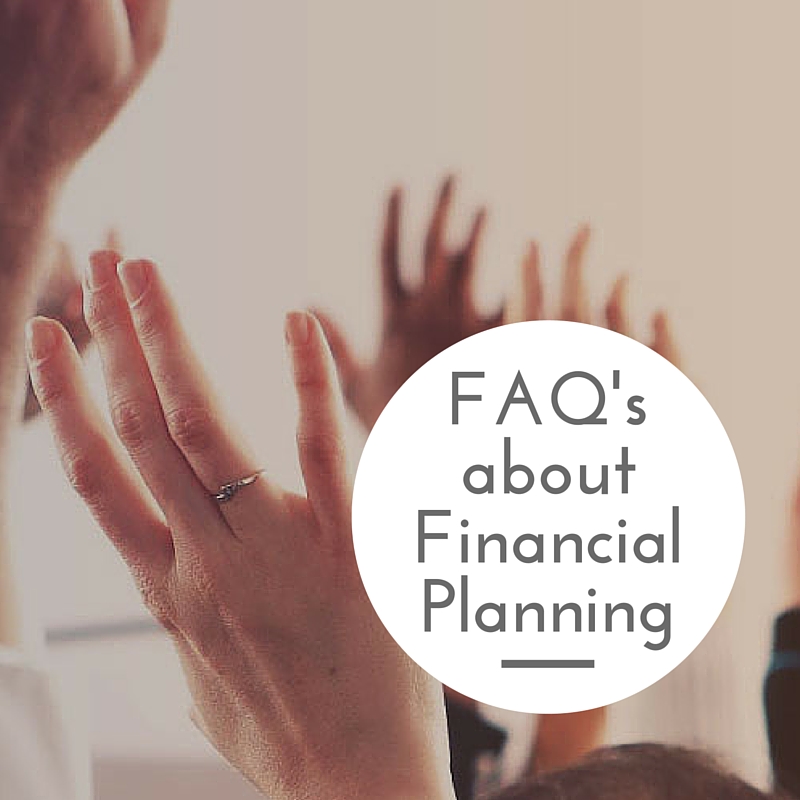1. What is financial planning?
Financial planning is about creating and implementing an approach to guide you with your finances and make a pathway for growth. It’s not just about managing your money- it is critical to have goals and strategies to increase your wealth and protect what you’ve built. That is why it is important to get the right advice.
2. Why do I need a financial planner?
A financial planner can help you track where your money is currently and how you can grow and build it. Informing yourself with an advisor on what services they provide will give you an insight to what best suits your needs. Look for advice on topics like:
• Superannuation
• Tax Minimisation
• Debt Reduction
• Retirement Planning
• Investment strategies (for yourself and your kids)
• Insurance (Life, disability, trauma and income protection)
3. What are the costs involved?
This is where is it important to meet up with your financial advisor, and inform yourself on any costs which may apply to your financial plan. You need to be informed on the different types of costs linked to the advice. For example, any ongoing costs or fees depend on the work involved. Make sure you are always updated on any new charges concerning the service issued by your advisor. Normally every advisor will have a ‘set cost’ for the service being offered to the client.
4. What questions should I ask my financial planner?
Always prepare yourself before an appointment, to see if there are any queries you may want to ask your advisor. Some examples may be:
• What licenses and certifications do you have?
• When is it a good time to start saving?
• How should I go about my retirement plans?
• How often would I receive an progress report regarding my finances?
• How can I boost my superannuation?
• What is the best time to invest?
5. When should I start saving?
The earlier you start saving the better. As soon as you start earning an income, make it a goal to set aside any amount and be consistent. That way it will ease your mind to know you have extra cash for any emergencies. Saving money is a wise practice to begin at any age.
6. When is the right time to invest?
Make a start on investing as soon as possible. Most markets are difficult to predict and making a commitment to any investment will increase your wealth over the years. Market trends are always moving up and down, so investing throughout the year delivers a better return than investing once a year.
7. How often should I visit my financial planner?
Try to meet with the financial advisor as frequently as possible. It is your role to always keep in touch with the financial advisor when anything changes or not.
8. What should I prepare for my appointment with my financial advisor?
Before attending a meeting with your advisor, it is best to prepare any documents or queries. Good advice can only be given if the advisor knows your financial situation. For example – lists such as;
• Income and expenses?
• What you own & what you owe?
• Any insurance you may have?
• Do you have a will?
• Superannuation?
9. Do I need financial advice?
Advisers can help you in setting your goals into action, while managing your finances in the best way possible. The type of advice given differs on the situation of every individual. Professional advice may be very useful when it comes to looking at your superannuation, investment options, saving money and retirement plans.
10. What qualifications should a financial planner have?
The best way to choose a financial planner is making sure they have the necessary accreditations. Ask your advisor if they are successfully trained and licensed to be able to give you the advice.
Experience
Ask the adviser about their typical clients. This will help you judge whether they have the experience to deal with people with similar issues and goals to you. For example, are the adviser’s other clients planning for retirement or are they young families wanting to save for their children’s education?
The amount of experience an adviser has is also relevant. For example, an adviser that has recently graduated may be highly qualified; however, they may not be as experienced as an older adviser with fewer qualifications.
11. Why should I protect my assets?
It is important to protect your assets, as you worked hard to gather them. This will help in cases such as when you file for bankruptcy or get sued. Everyone is at risk if his or her assets are not protected. Talking to a financial advisor will help you take on the best approach to protect your assets.
12. What are my options in Superannuation?
Superannuation is a steady payment made into a trust by an employee towards a future pension. It is a means of saving up for your retirement. The best option to increase funds is by individual contribution. In some cases the government may also add through co-contributions.
A financial advisor can help you understand your super better, by providing tools and information on how you can be more active in making your super grow. This is important as Super becomes the main income for many Australians to live on during their retirement. Investing in a good superannuation plan will ensure you have less to worry about when you get to that stage in your life.
Consider visiting us at Avante Financial Services Pty Ltd on any queries you may have regarding your financial plans; or contact us on 1300 788 650.

